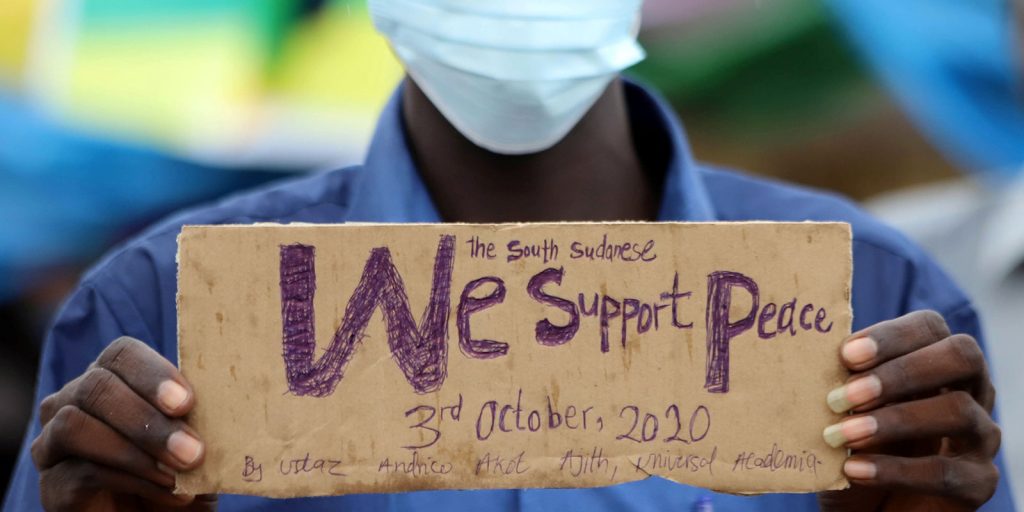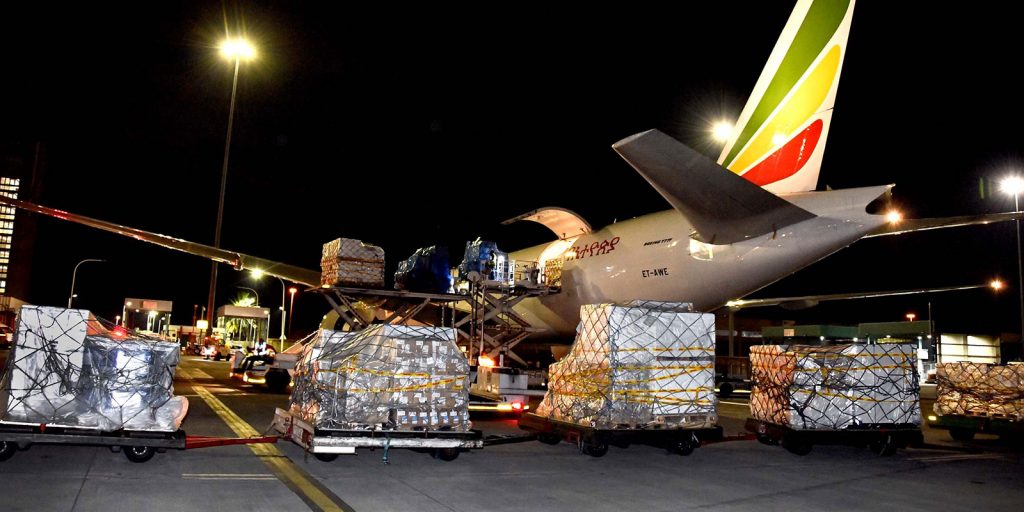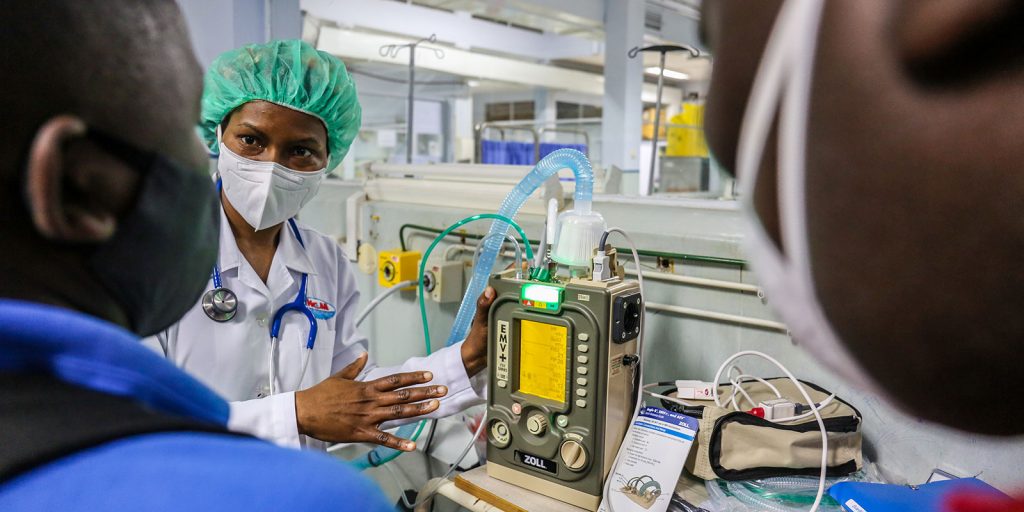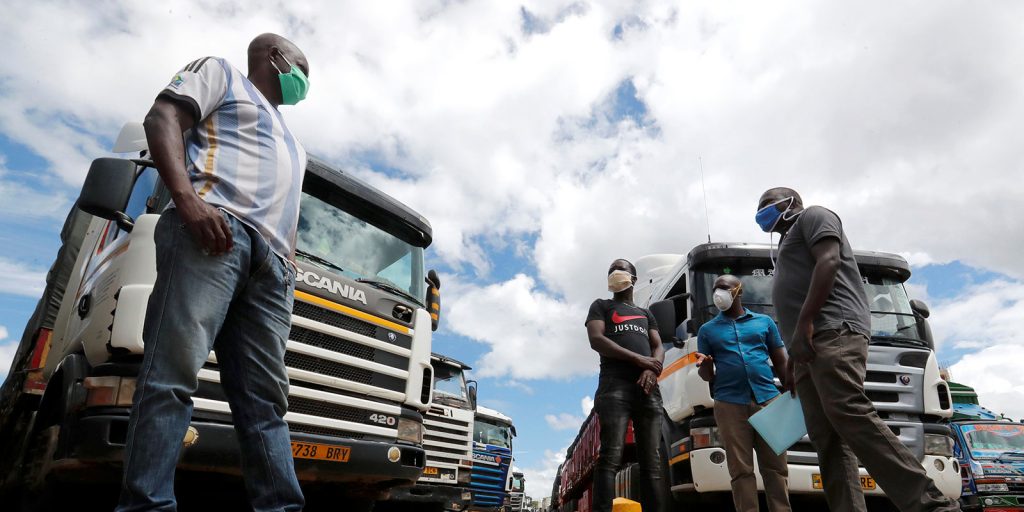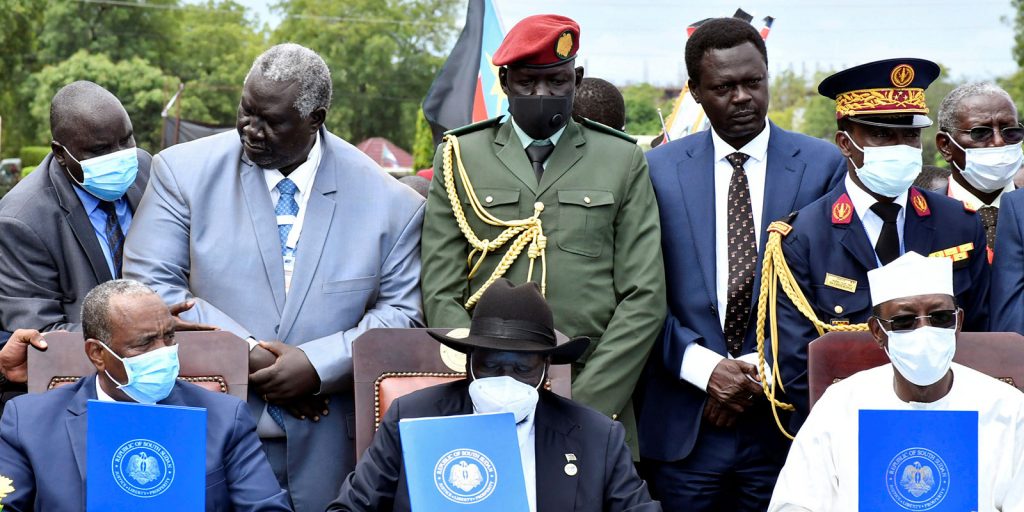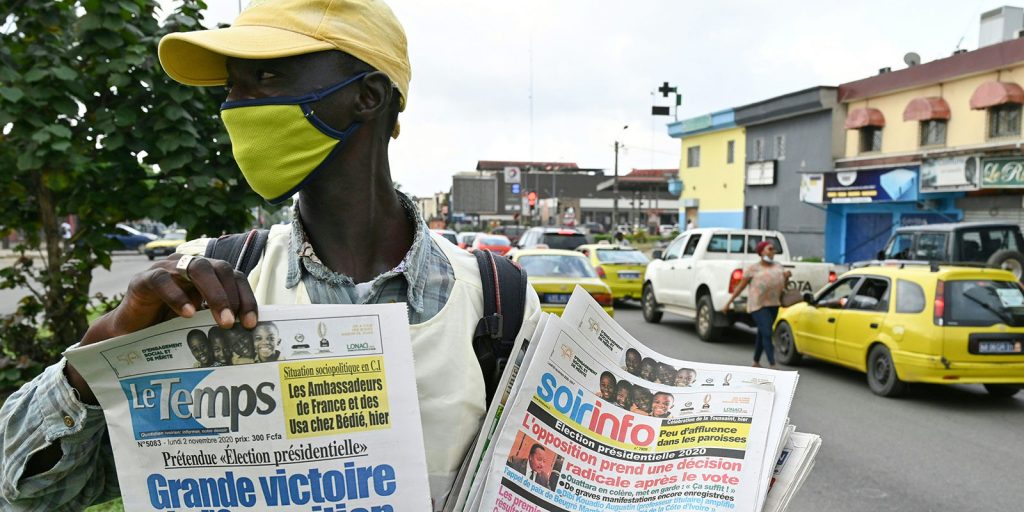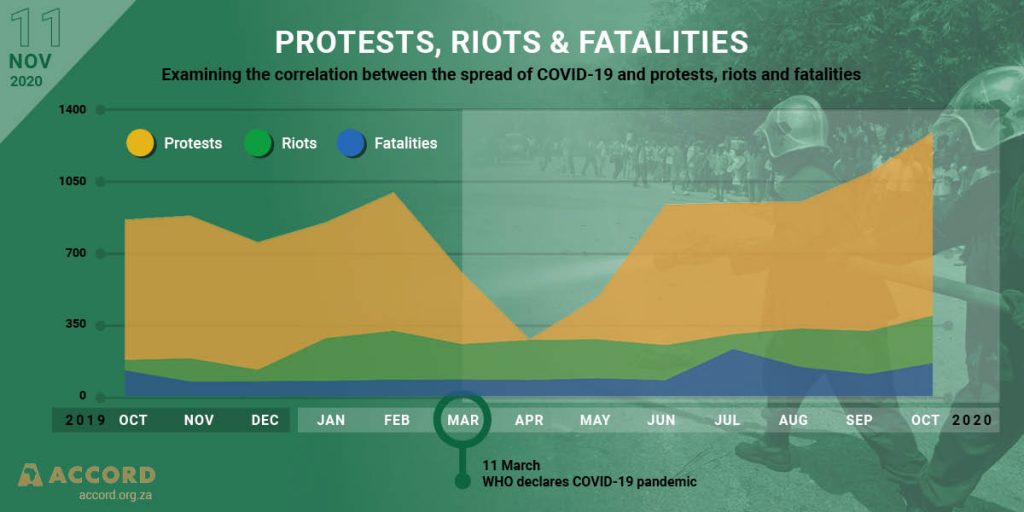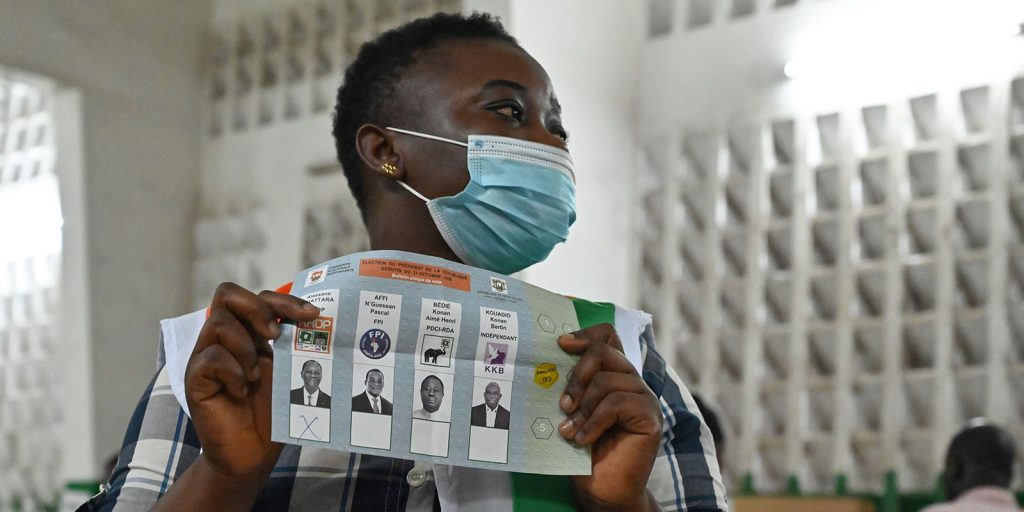
Blended Stabilisation? Experiences from the Lake Chad Basin region
A blended approach to stabilisation is emerging in Africa. It is characterised by a response to crisis-affected settings, which combines the predominance and sometimes necessary means of hard-security interventions and soft-security measures associated with political and development responses. The Lake Chad Basin experience represents a model that could create prospects for enduring stability in the region. It could also resonate in other parts of Africa, especially in the Horn, where there is a growing policy debate by the African Union (AU) and partners for reimagining regional and international support to the security environment in Somalia and the region.

